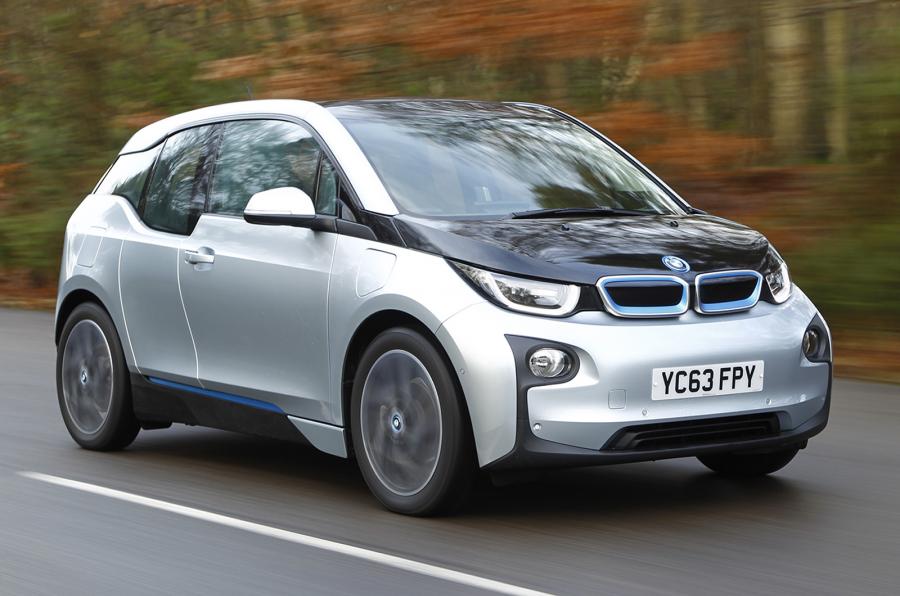Electric and hybrid car cynics will argue that these green vehicles do not actually make environmental sense because they have higher manufacturing and energy costs. Whilst this is true when you take into account the full lifetime of the vehicle and its greener impact on the environment once manufactured and in use then they are in fact more ‘eco friendly’ than their combustion engined equivalent.
For example, the average American petrol vehicle is up at about 300g CO2e/km, while a new hybrid is around 180g CO2e/km (after you include vehicle manufacturing, fuel combustion and fuel production).
Electric and hybrid cars not only make environmental sense but also economic sense.
The price of electric vehicles is falling all the time. According to the Guardian, by 2022 it’ll be cheaper to go green than opt for a traditionally fuelled vehicle. But what about now? Well, going green is actually much more affordable than you might think.
Government grants
At the time of writing (Summer 2016), the government are offering up to £4,500 off the cost of a new electric vehicle. You’re entitled to the grant if the vehicle you choose has a zero emissions range of at least 20 miles and gives off less than 75g/km in CO2 emissions.
The BMW i3, for example, has a retail price of around £30,000. Now, this might seem expensive but sitting in category one of the government’s eligibility list means that should you purchase an i3, you’ll be entitled to £4,500 off that price, which means the price is reduced to £25,500. Now this might still seem costly when you could get hold of a little runaround for under £15,000, but when you consider the fact that there is no ‘base model’ to the i3 – they all come fully equipped – and it rockets from 0-62mp in just 7.3 seconds, it’s actually fairly cheap. Considering the likes of the MINI Cooper 2.0 SD Auto is capable of 0-62mph in 7.2 seconds and also has a price tag of £25,500, it’s suddenly not so expensive at all.
Running costs
Green car owners don’t need to worry about road tax or costly insurance. If your car is fully electric then you’ll never have to queue up at the petrol station either.
Electric cars can be charged at home or on the road. Until recently, charging up at motorway charge points was free and you’d get an 85% charge in just 30 minutes. However, there is now a £5 charge for using these points which, to be fair, is still far cheaper than a tank of fuel.
Electric Car leasing
Electric Car leasing is fast becoming a popular way to take ownership of a brand new car, because it’s cheap, quick and easy.
We spoke to James Buttrick, the Marketing Manager at All Car Leasing and asked him about the uptake of green vehicles. This is what he had to say:
“To be honest, we’re starting to see more and more people enquiring on electric and hybrid vehicles. There’s obviously nowhere near the level of interest as there is for petrol and diesel cars but we’ve seen a definite spike in enquiries over the last 12 months and it looks like it’s something that’ll definitely continue.
I think a lot of it is to do with the extension of the government grant, people’s growing understanding of said grant, the 2017 road tax changes and also the offers that are now available on the vehicles. By leasing an electric car, quite often you can now get something that’s fully equipped far cheaper than your average hatchback or saloon.”
With all of this in mind – eco-friendly, economic sense and government incentives – it’s not surprising that a growing number of people are looking at electric vehicles.

Comments
One response to “Do Electric Cars Make Environmental Sense?”
What is the best source for finding charging points? I assume there is a government website but is there a good app that is up to date?